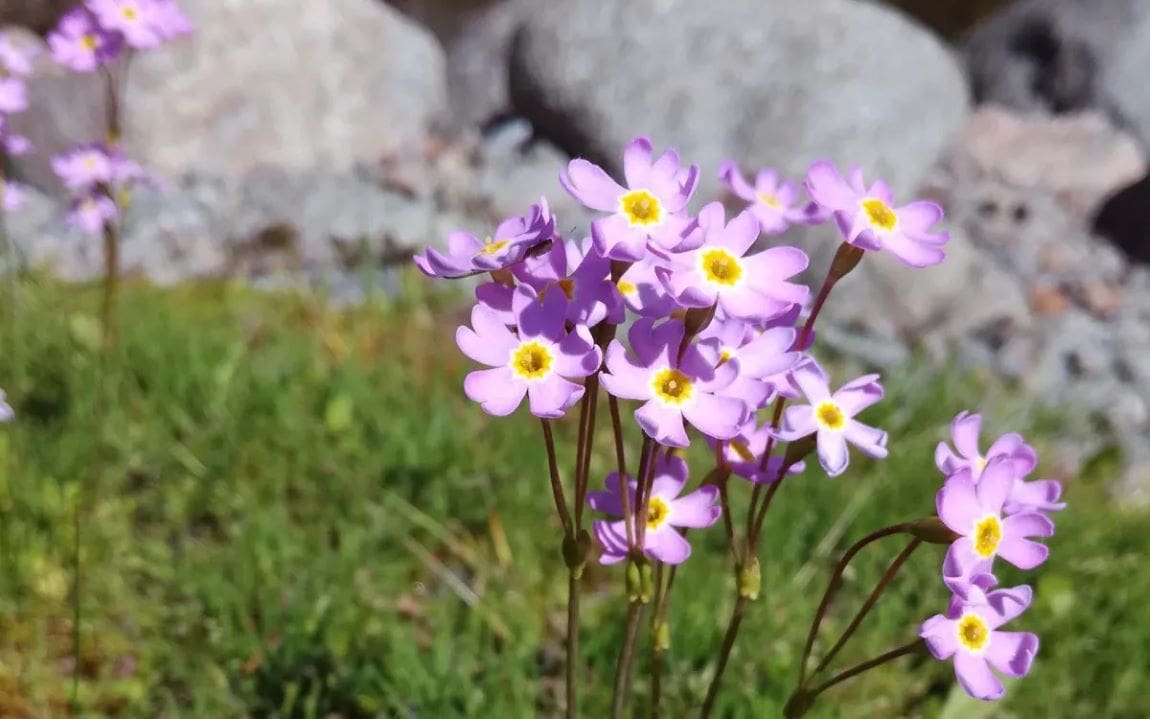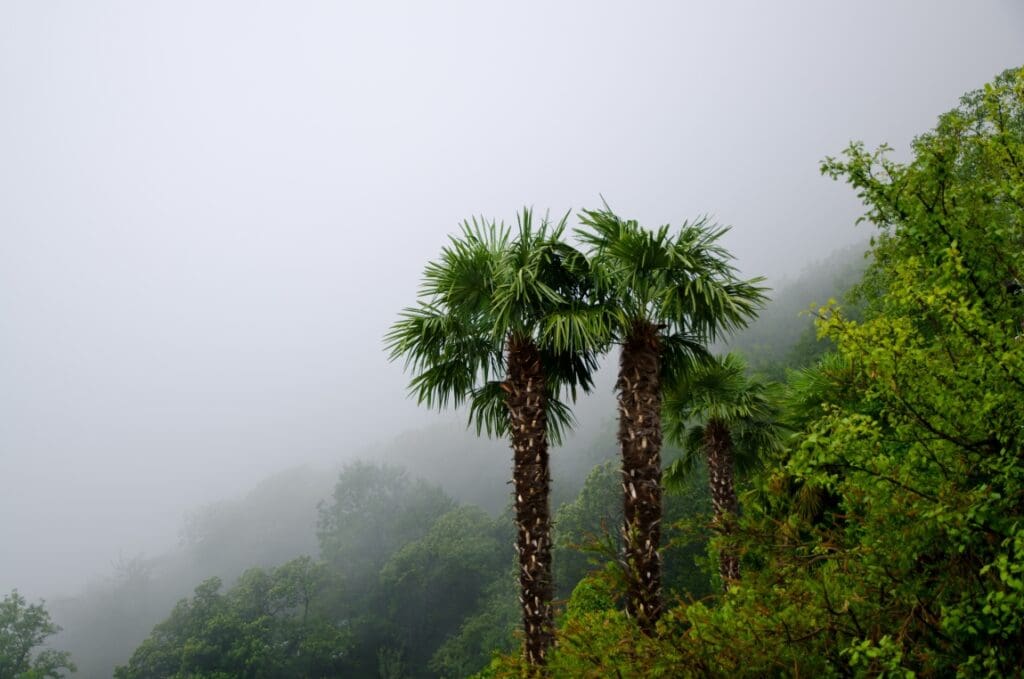A recent study conducted by researchers at the University of Helsinki has shed light on the grave risks climate change poses to the survival of species, with a particular focus on the Arctic Siberian primrose. The study highlights the alarming possibility that the rate of climate change may soon exceed the adaptive capacity of many species, pushing them closer to extinction unless immediate action is taken to mitigate global warming.
The research, led by a group from the Finnish Museum of Natural History, delves into the adaptive potential of the Siberian primrose, a plant species found along the coasts of the Bothnian Bay and the Arctic Ocean. This species, already confined to a specific geographic range, faces increasing challenges in the face of climate change. Unlike many mobile species that can migrate to more suitable environments, the Siberian primrose is geographically trapped, forcing it to adapt within its current habitat if it hopes to survive.
“The Siberian primrose is a good example of a species threatened by rapidly advancing climate change. It cannot migrate to more favourable conditions due to geographic constraints, leaving adaptation in its current habitat as its only survival option,” says Adjunct Professor Marko Hyvärinen from the Finnish Museum of Natural History.
The findings of the study are dire. The researchers found that the Siberian primrose may only be able to evolve quickly enough to withstand climate change if global warming is limited in accordance with the Paris Agreement. This international accord, which aims to limit global temperature rise to well below 2 degrees Celsius above pre-industrial levels, offers the only realistic scenario in which the species might adapt through evolutionary changes.
However, if climate change progresses at the current rate, the likelihood of the Siberian primrose adapting becomes slim. The study revealed that crucial traits, such as flowering and other survival-related features, are unlikely to evolve fast enough to cope with rapidly changing conditions.
“Our research suggests that the evolutionary potential of wild species is seriously limited in the face of rapidly advancing climate change,” says Postdoctoral Researcher Anniina Mattila from the Finnish Museum of Natural History. “This means that the future of many species is at stake, unless climate change is effectively curbed.”
Species like the Siberian primrose are particularly vulnerable due to their geographic isolation. As a plant restricted to coastal regions surrounded by inhospitable environments, its options for migration are practically non-existent. This isolation underscores the urgent need for conservation strategies that go beyond natural adaptation.
As the study indicates, the window for allowing species to adapt naturally is closing fast. While conservation efforts like species translocation can help in the short term, they cannot substitute the larger goal of limiting climate change. Without immediate and sustained reductions in greenhouse gas emissions, many species may simply run out of time to adapt.
The work done by the Finnish Museum of Natural History serves as a crucial reminder of the interconnectedness between species survival and global climate action. As climate change accelerates, species such as the Siberian primrose may serve as a harbinger for many others that face similar risks. The question is no longer whether species can evolve, but whether they can do so quickly enough to survive an unprecedented rate of change.
Journal Reference:
A. L. K. Mattila, Ø. H. Opedal, M. H. Hällfors, L. Pietikäinen, S. Koivusaari, M. T. Hyvärinen, ‘The potential for evolutionary rescue in an arctic seashore plant threatened by climate change’ Proceedings of the Royal Society B: Biological Sciences (2024). DOI: 10.1098/rspb.2024.1351
Article Source:
Press Release/Material by University of Helsinki
Featured image: Arctic Siberian primrose Credit: Anniina Mattila




